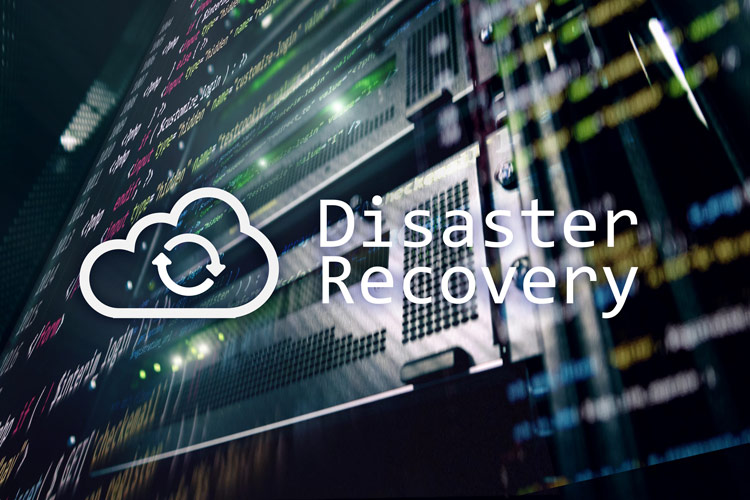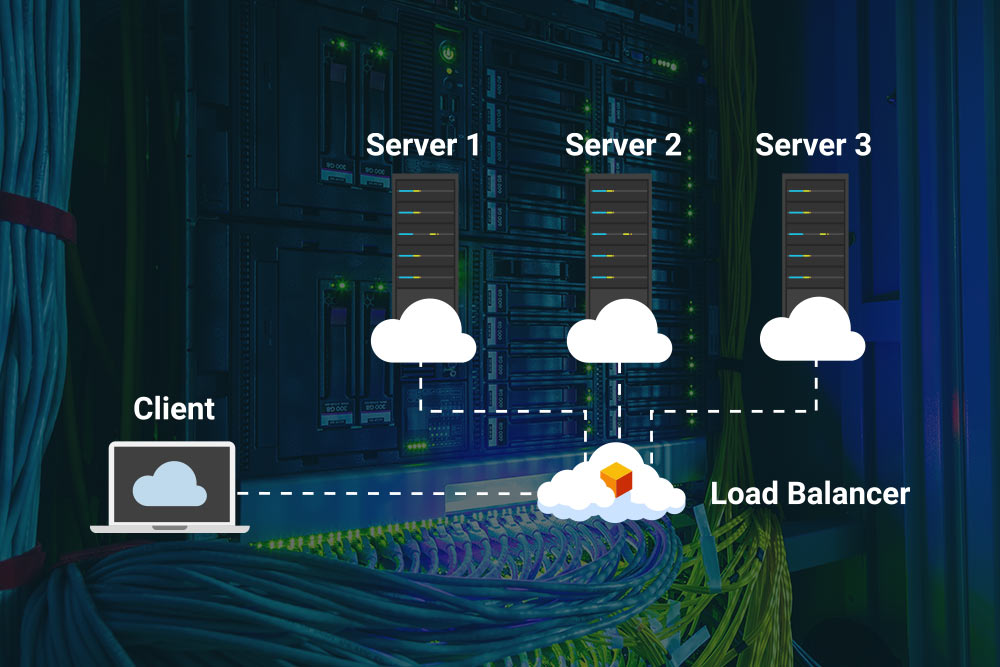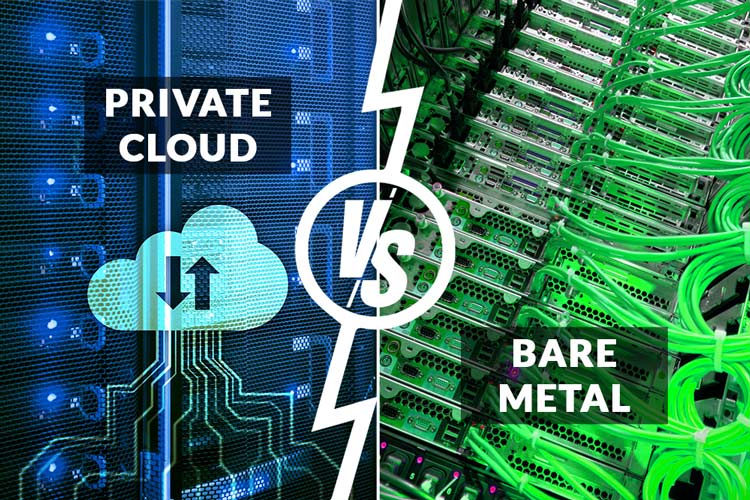The VMware price increase followed by Broadcom’s acquisition is rocking boats in the tech world, and to no surprise: Broadcom’s shift of focus on larger companies leaves smaller VMware customers in extremely unfavorable situations.
The acquisition of VMware started way back in May 2022, when Broadcom announced the plans, which became a reality not long ago in November 2023. Broadcom bought VMware for $61B, making it one of the biggest acquisitions in tech history. The event was followed with great concern regarding future support by users and employees, and it has caught the attention of the larger industry as well because of the implications Broadcom’s decisions will bring to the entire ecosystem in the long term.
VMware had over 500,000 users spread across the globe. When the acquisition was announced, many people soon to be affected by the purchase waited and hoped that it was not as bad as the rumors suggested. However, after major layoffs, the introduction of the new subscription model, and enormous price increases, it became clear that the predictions were right, and small to medium-sized businesses would be impacted heavily by the outcomes of Broadcom’s acquisition.
How will the acquisition affect VMware customers, and what solutions are there left for those forced to leave because of the extreme VMware price increase? Let’s dive straight in.
Why the Broadcom Acquisition is Making Waves
To understand the VMware price increase and how the changes will affect the industry, let’s first take a look at the past.
Before the VMware acquisition, Broadcom had previously bought CA Technologies in 2018 and Symantec in 2019, acquisitions which were followed by major changes as well. The purchase of VMware wouldn’t have been possible without the votes of the stockholders in November 2022. Although they received the votes, due to regulatory scrutiny and investigations on the impact of the acquisition conducted by the US, EU, UK, and China, the deal couldn’t be closed until one year later, on 22 November 2023.
Shortly after, the layoffs started, with over 2800 employees receiving the note that they were no longer needed.
The way Broadcom is carrying out plans post-acquisition is not without precedents. Situations were similar at the acquisition of CA Technologies or Symantec, but there were several other similar cases in the past. However, VMware was the most cutting-edge of them all, not to mention that it’s the most profitable acquisition, too.
The Shift to a Subscription Model
The pivotal point in Broadcom’s acquisition is the VMware price increase, which became a disputed subject because of Broadcom’s decision to switch from perpetual licensing to a subscription model. The transition has raised quite some concern, especially on the part of those who already own a license. The transition for them means, that they are being pushed into paying more for the new model or – having to leave.
From a business point of view, however, what Broadcom does has extremely shared value-oriented but reasonable grounds. It is affecting many users negatively, but what they’re doing is also understandable because subscription-based models are much more profitable, and having customers who pay reliable revenue is what makes sense if they want to boost their bottom line.
Smaller Customers Getting Sacrificed for Larger Ones
So, while Broadcom’s new strategy is not such a big deal for larger enterprises, for smaller businesses, it means exclusion in most cases.
Nevertheless, many users affected by the VMware price increase expressed their bitterness regarding how big companies with a large user base care more about their investors than their customers. Many are concerned about everything turning subscription-based at some point and that users are, and will be more and more at the mercy of the commercial software market’s decisions. Businesses that have been built on VMware face the harsh truth of having to leave, not knowing how they will continue.
In the present situation, with the Virtual Cloud Service Provider (VCSP) program becoming much more expensive, it becomes unaffordable for most small customers. These significant cost implications are forcing small businesses and entrepreneurs to look for alternatives for virtualization software.
Broadcom made it official that their strategy will be shifting their focus to global enterprises – which unfortunately means that sooner or later, the features supporting smaller customer’s needs will be ended or will become unaffordable.
Exclusion is nasty in itself, but the story doesn’t end here for small companies. Looking for an affordable alternative solution will most likely turn some of them towards managed service providers. However, they still have to face the costs of migrating all of their assets to a new environment and having to deal with losing the well-functioning software they’ve built their business on.
Ending Software and Cutting Off Learning Opportunities
It’s been acknowledged with disappointment that Broadcom ended the free VMware vSphere hypervisor, which for system administrators means a whole new level of complexity to deal with. vSphere has also been a number one learning opportunity that will not be available from now on.
Also, Broadcom identified Carbon Black, the security software unit, as a non-core asset and decided to separate it from VMware. While Broadcom paused the sale of the cybersecurity unit, Carbon Black will still be responding to Broadcom – for now.
Broadcom decided to halt the entire EUC or End User Compute offering, terminating VMware Horizon VDI as well.
There will be many implications following these actions, but from an optimistic perspective, this software will still continue to exist. However, for end users, this might mean it’s time to prepare for changes and keep an eye open for a plan B in case things don’t go as hoped.
The Ripple Effect of the VMware Price Increase
To understand the full gravity of the new situation, we have to take a glimpse at the long-term effects of Broadcom’s acquisition of VMware.
The assumptions that in reaction to the VMware price increase, businesses will have to recoup costs by putting a bigger price tag on their own services are not completely groundless. For any company that has been using VMware, be it anything from services to electric and utility companies and even retail, continuing to use VMware will become very expensive. Eventually, they will probably have to charge more to win back some of the costs.
On the other hand, moving from VMware to another platform or a managed service provider will come with migration costs, which might also increase the price of the services offered by ex-VMware users.
Looking for Alternatives for VMware
The bottom line is that many small and medium-sized businesses are forced to look for alternatives.
Let’s face it: VMware was great, and finding a solution that’s just as good will be hard. Looking into the future, FoSS makes things great from an availability point of view. Many users find that free software for learning and paying for support as needed is a better model from a community point of view as well.
Because of the VMware price increase with the new subscription being 10x more expensive, small and medium-sized companies might gravitate towards migrating to managed service providers. Therefore, opting for fully managed solutions becomes one of the best alternative options out there. The good news is that there are fully managed solutions that actually cost less than what they paid for their VMware licenses.
Navigate the Consequences of Broadcom’s VMware Price Increase With Volico’s Help
We will miss VMware, and it will be hard to replace. But all is not lost. Companies having to reorganize themselves due to the consequences of Broadcom’s acquisition can also bring some positive change. Because of being forced out of VMware, some companies are looking for similar alternatives, considering trying a managed solution, while others are choosing to welcome a different approach and go bare metal.
Is your company affected negatively by the VMware price increase? Volico Data Centers can help navigate the situation by migrating you to a fully managed solution for less than what you were paying for your VMware license. Our fast and efficient migration services save you the headaches of moving your assets and guarantee safety and security throughout the process.
If you need help choosing a solution to replace VMware for your business, call us at (305) 735-8098 or chat with a member of our team to discuss the best solutions for your needs.












